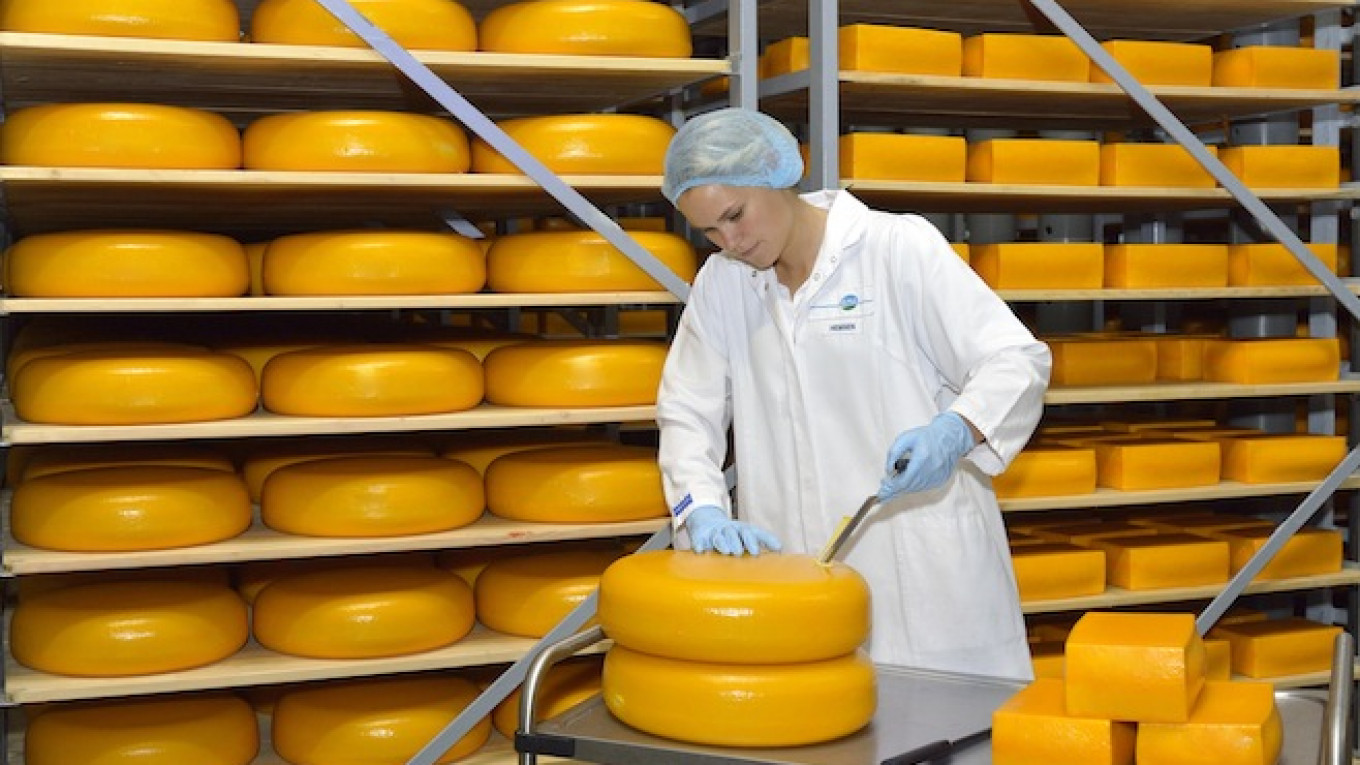Check Out the Leading Cheese Factory Melbourne for Fresh Creations
A Comprehensive Consider Cheese Production: Active Ingredients, Methods, and the Future of Artisan Cheeses
The complex procedure of cheese manufacturing is an interesting merging of art and science, where high-grade milk, rennet, and certain bacterial societies serve as foundational components. As the industry increasingly prioritizes sustainability and openness, the future of artisan cheeses promises to reflect both heritage and progress.
Trick Ingredients in Cheese Production
A range of essential ingredients play a crucial function in cheese production, each adding to the end product's flavor, structure, and character. The primary component in cheese is milk, which can come from different resources, including cows, goats, and sheep - cheese shop melbourne. The kind of milk used substantially affects celebrity's taste and uniformity; as an example, cow's milk commonly yields creamier cheeses, while goat's milk typically generates tasty selections
Another important component is rennet, an enzyme used to curdle the milk, separating it right into curds and whey. The source of rennet can be animal, vegetable, or microbial, each imparting distinctive attributes to the cheese. Societies, containing certain stress of microorganisms, are also essential to the cheese-making process. They ferment lactose into lactic acid, aiding in flavor advancement and structure.
Salt not only improves the taste yet likewise works as a chemical, hindering the development of undesirable microorganisms. Furthermore, various flavoring representatives, such as natural herbs, flavors, or also smoked wood, can be included in produce unique artisanal cheeses. With each other, these active ingredients form the structure of cheese production, establishing the stage for diverse and abundant cheese selections.
Standard Cheese-Making Methods
Using standard cheese-making strategies, craftsmens around the globe protect classic methods that have been passed down with generations. These methods usually emphasize making use of top quality, locally sourced milk, which is central to the distinct flavors and structures of artisanal cheeses. The process generally starts with the mindful heating of milk, complied with by the addition of societies and rennet to facilitate coagulation.
Once the curds form, they are cut, enabling whey to drain, a critical action that influences moisture content and structure. The curds are after that gently mixed and prepared to accomplish the preferred suppleness. Afterward, they are drained and pressed into mold and mildews. Salting is a crucial facet of this procedure, improving flavor while additionally working as a chemical.
Aging, or affinage, is another crucial part, during which cheeses establish their characteristic fragrances and preferences. Artisans may use details aging atmospheres, using moisture and temperature controls to fine-tune the cheese's profile. The commitment to these traditional techniques not just supports local economic situations however likewise contributes to the abundant variety of cheese ranges found worldwide, celebrating social heritage and artisanal craftsmanship.
Modern Innovations in Cheese Production
Exactly how have technological innovations transformed cheese manufacturing in current years? The combination of modern-day technology has reinvented both the performance and high quality of cheese manufacturing.
Furthermore, improvements in microbiology have actually enabled cheesemakers to choose certain microbial societies and enzymes, optimizing flavor profiles and boosting shelf life. The use of sensing unit technology for keeping track of fermentation problems has also become common, permitting for real-time adjustments to preserve optimal atmospheres for cheese aging.

These improvements not just enhance the top quality and sustainability of cheese production yet likewise equip artisan manufacturers to maintain conventional tastes while embracing modern-day performance. As modern technology proceeds to advance, the future of cheese production looks promising, blending tradition with development.
The Function of Terroir in Cheese
In the world of cheese production, terroir plays a crucial duty in specifying the distinct qualities of numerous cheeses. Terroir, a French term commonly connected with white wine, encompasses the ecological factors that affect agricultural items, consisting of dirt structure, environment, and regional flora and animals. In cheese-making, the one-of-a-kind characteristics of the area where the milk is sourced can convey certain tastes and appearances to the final item.
For instance, the grazing problems of dairy animals significantly affect the milk's make-up, affected by the kinds of turfs and natural herbs available in a certain locale. This differs not only in between nations yet additionally between regions within the very same nation. In addition, the microbial communities present in the atmosphere add to the fermentation procedures, causing varied profiles in taste and fragrance.
Cheeses such as Roquefort, Parmigiano-Reggiano, and Cheddar exemplify just how terroir can form their identities, making them unique and often safeguarded by geographical indications. As manufacturers progressively identify the value of terroir, there is a growing focus on sourcing neighborhood ingredients and preserving typical methods, ensuring that each cheese genuinely mirrors its beginning.

Future Trends in Craftsmen Cheeses
A remarkable change is happening in the craftsmen cheese sector, driven by progressing customer choices and technical innovations. Significantly, consumers are moving toward unique, top quality products that highlight both sustainability and local sourcing - cheese store melbourne. This fad is motivating artisan cheesemakers to introduce, concentrating on small-batch production and using conventional techniques while integrating contemporary technology to boost top quality and safety and security
Moreover, there is an expanding passion in plant-based and different milk products, pressing typical cheesemakers to check out brand-new methods, such as cashew or almond-based cheeses. This change not only satisfies dietary restrictions but likewise straightens with ecological issues concerning pet farming.
Furthermore, transparency in sourcing and production processes is ending up being paramount. Customers are much more enlightened and demand cheese for sale online traceability, prompting manufacturers to adopt clearer labeling methods and participate in narration that highlights their techniques and worths.
Conclusion
In verdict, the detailed process of cheese manufacturing melds standard techniques with modern developments, resulting in a diverse variety of tastes and textures. The emphasis on premium active ingredients and the influence of terroir highlight the virtuosity associated with cheese production. As the industry evolves, a concentrate on sustainability and openness will likely shape the future of artisan cheeses, accommodating a progressively critical customer base that values credibility and workmanship in milk items.